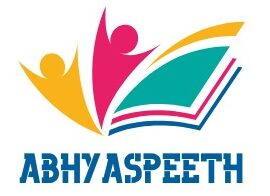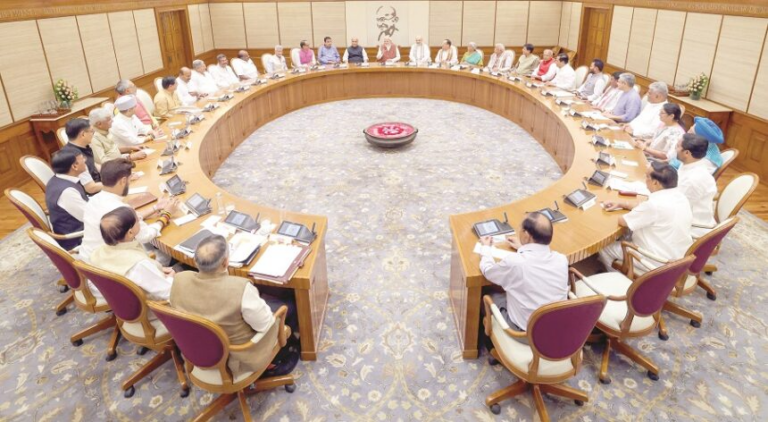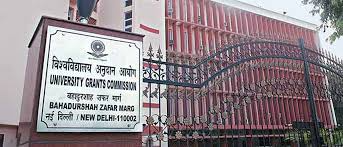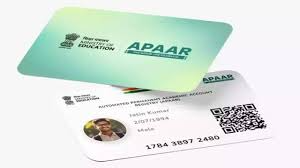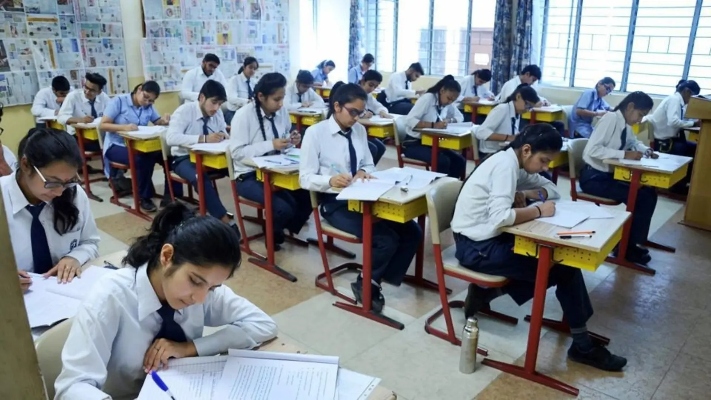
Special Correspondent
New Delhi: In a significant move towards student-friendly reforms, the Central Board of Secondary Education (CBSE) has announced that from the academic year 2026, Class 10 board examinations will be conducted twice a year. This landmark decision is aligned with the recommendations of the National Education Policy (NEP) 2020 and aims to reduce the burden of high-stakes examinations on students, while allowing them greater flexibility and a fairer chance to perform.
Announcing the decision, CBSE’s Controller of Examinations, Sanyam Bhardwaj, stated that the new format is designed to reduce academic stress and help students showcase their true potential. According to the board, the current practice of a single annual exam often fails to accurately reflect a student’s capabilities and growth. The introduction of two opportunities for board exams will give students a second chance to improve their performance within the same academic year.
Under the new system, the Class 10 board exam will be conducted in two phases. The first phase will be held in February and will be mandatory for all students. The second phase, scheduled for May, will be optional and available only to students who wish to improve their scores. The final marksheet will carry the best score out of the two attempts. However, internal assessments – which include practicals and projects – will be conducted only once during the academic year and will apply to both exam attempts.
CBSE has clarified that students will not be penalized for appearing in the second attempt. Instead, the system has been designed to empower them with the ability to recover from poor performance without having to wait an entire year. Importantly, scores from both exams will not be averaged – only the better score will be considered for the final result. This ensures that students are not disadvantaged if they choose to take the improvement exam.
The decision is receiving a positive response from educators, school administrators, and parents alike. Many believe that this will not only ease exam-related anxiety but also promote a growth mindset in students. By removing the pressure of performing perfectly in one attempt, students can learn from their mistakes and approach the second exam with better preparation and confidence.
Experts also point out that the system mirrors the model followed in many competitive exams like JEE and NEET, where students are allowed multiple attempts within a year. The dual-exam system may, in fact, help students prepare more effectively for these higher education entrance tests by familiarizing them with adaptive test-taking strategies.
While the policy will initially apply to Class 10 students, CBSE has indicated that based on its success and feedback, the same model may later be considered for Class 12 board exams as well.
With this move, CBSE has taken a step toward reshaping India’s examination system to be more inclusive, flexible, and student-centric. The focus now shifts from one-time performance to continuous growth, truly embodying the spirit of the NEP.
